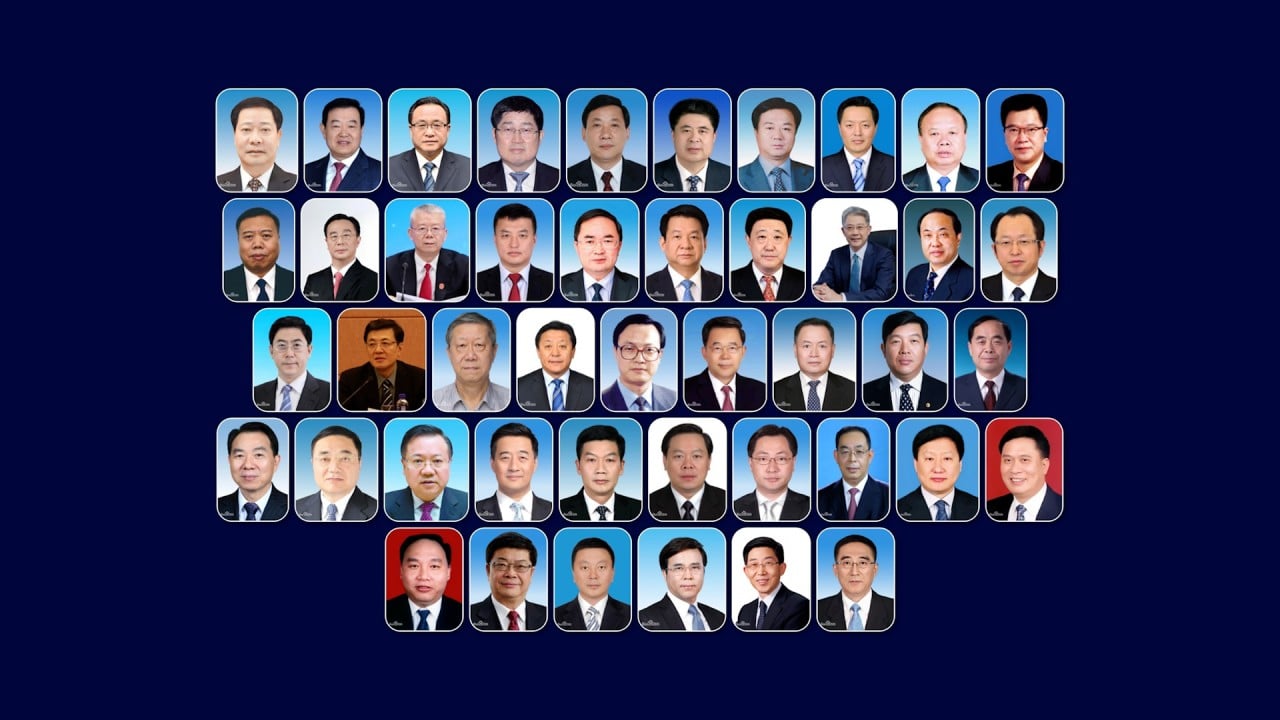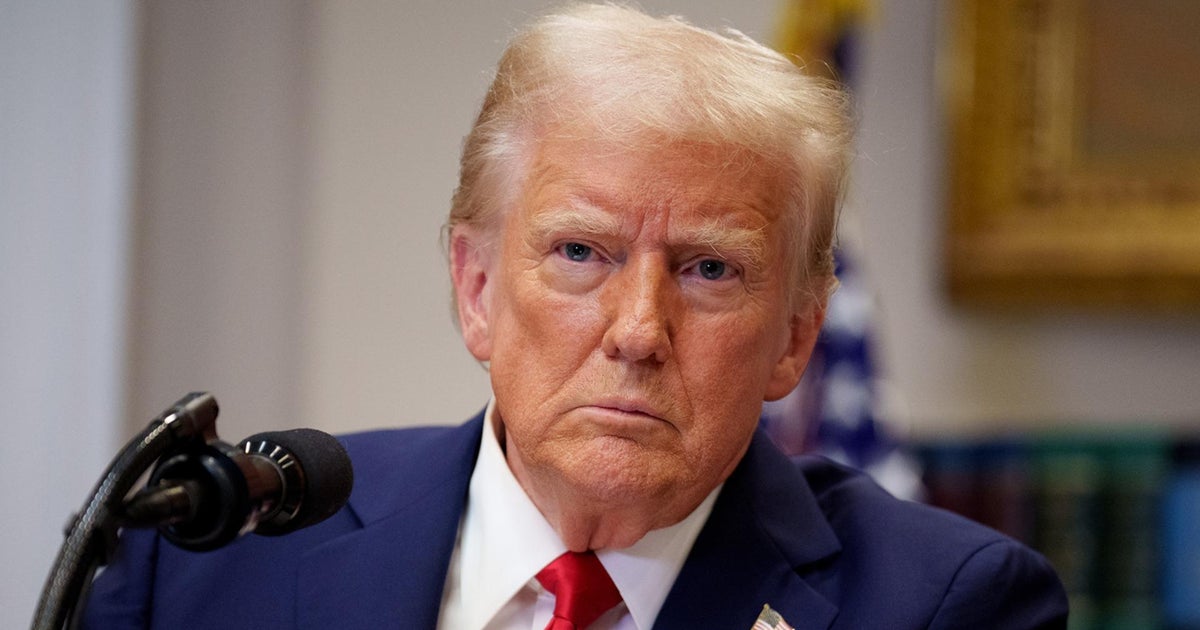All of the tigers – as the CCDI refers to them – belonged to a pool of officials known as “centrally managed cadres”, meaning they held ranks at the deputy ministerial level or above. A smaller number held slightly lower ranks but occupied key positions in critical sectors.
Eight of the 36 detained in the first half held positions in central Communist Party and state agencies, while 20 of them were from local governments or party bodies, suggesting the investigators cast a wide net.
Liu Yuejing’s downfall was particularly shocking because he was known as one of the country’s best anti-narcotics officers, working on many high-profile cases before rising to head the China National Narcotics Control Commission in May 2015.
He became the country’s first anti-terror chief in December 2015, following a series of attacks across China, notably one in March 2014 when dozens of people were killed by a knife-wielding gang that rampaged at a railway station in Kunming, Yunnan province. Beijing blamed that attack on Xinjiang separatists.
These investigations showed that past glories, outstanding expertise or political connections were no longer bargaining chips with the disciplinary watchdog, said a political scientist from Beijing’s Renmin university.
“Liu [Yuejing] was a well-known anti-narcotics cop. Gou was hailed as the man behind China’s successful winter Olympics run … Tibet’s Wu Yingjie had boasted of Tibet’s stability during his rule. But the anti-corruption team did not let them hide behind their past glories,” the political scientist said on condition of anonymity.
“In Xi’s era, no one can be spared. The investigators don’t care about officials’ past contributions. At the ministerial level, there is no immunity privilege.”








